Science Update: New method could replace conventional invasive procedures for prenatal testing, NIH-funded study suggests
Researchers developed a new method of evaluating blood from pregnant women to identify anomalies in the genes of fetuses. The new approach is more sensitive than current tests, which screen only for chromosome-level variants, such as an extra chromosome, and a small number of fetal genetic variants. It is also less invasive than current methods, which often involve inserting a needle into the uterus to retrieve fetal cells for analysis.
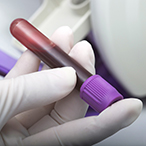
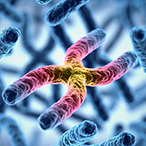

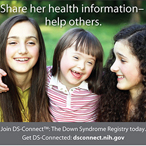
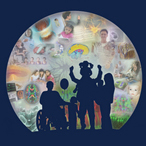
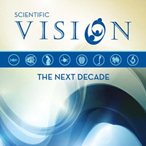
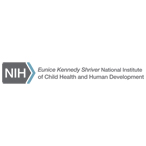
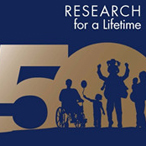
 BACK TO TOP
BACK TO TOP